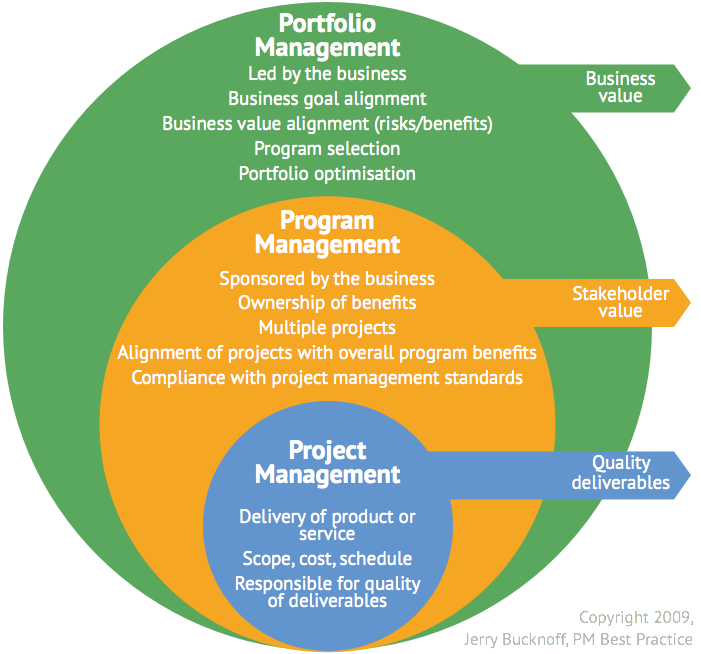INTRODUCTION: THE ANTIDOTE TO MINDLESS BUSYNESS
In the hustle and bustle of modern life, we often find ourselves caught up in a whirlwind of tasks and responsibilities. We are, in essence, busy. But as Henry David Thoreau, the renowned philosopher and naturalist, once pointed out, "It is not enough to be busy. So are the ants. The question is: What are we busy with?" This seemingly simple quote carries a profound philosophical weight, prompting us to question not just the nature of our busyness, but the purpose and intention behind it.
THEORETICAL PHILOSOPHY: THE NATURE OF BUSYNESS
From a theoretical philosophical perspective, busyness can be seen as a form of existential distraction. It's a mechanism that allows us to avoid confronting the deeper, more challenging questions of life, such as "Who am I?" or "What is my purpose?" By immersing ourselves in a sea of tasks and activities, we can conveniently sidestep these existential inquiries, focusing instead on the immediate tasks at hand.
But as Thoreau points out, mere busyness is not enough. Even ants, with their ceaseless labour and industrious nature, are busy. But does their busyness equate to a meaningful existence? Does the relentless pursuit of tasks and goals, devoid of deeper purpose or reflection, truly lead to a fulfilling life?
PRACTICAL PHILOSOPHY: BUSYNESS WITH PURPOSE
Practical philosophy, on the other hand, offers a potential solution to this existential conundrum. It suggests that we should not merely be busy, but be busy with something that aligns with our values, our passions, and our goals. This is where the concept of "busyness with purpose" comes into play. It's not about doing more, but doing what matters.
A study conducted by the University of California found that individuals who engage in meaningful activities, even if they are busy, report higher levels of happiness and satisfaction. This suggests that it's not the act of being busy that contributes to our well-being, but rather the purpose and intention behind our busyness.
THE POWER OF INTENTIONALITY
Consider the metaphor of a garden. You can mindlessly scatter seeds, water them sporadically, and hope for the best. Or, you can carefully select the seeds, plant them in fertile soil, and tend to them with care and attention. The latter approach, which is akin to intentional busyness, is more likely to yield a fruitful harvest.
Similarly, in life, we can choose to fill our days with mindless tasks and activities, or we can choose to engage in actions that align with our values and contribute to our goals. The former approach may keep us busy, but it's the latter approach that leads to a fulfilling and meaningful life.
EXPANDING THE CONCEPT: BUSYNESS IN THE MODERN WORLD
In the modern world, the glorification of busyness has become a cultural norm. We wear our busyness as a badge of honour, equating it with productivity and success. But as Thoreau's quote suggests, busyness in itself is not an indicator of a meaningful or successful life.
In fact, research has shown that excessive busyness can lead to stress, burnout, and a decrease in productivity. A study by the American Psychological Association found that chronic stress, often a byproduct of excessive busyness, can lead to a host of health issues, including heart disease, depression, and a weakened immune system - LINK
CONCLUSION: THE CALL TO INTENTIONAL BUSYNESS
In conclusion, Thoreau's quote is a call to intentional busyness. It's a reminder that while we can easily fill our days with tasks and activities, it's the quality, not the quantity, of our busyness that truly matters. It's a call to shift from mindless busyness to mindful action, from being merely busy to being purposefully engaged.
So, the next time you find yourself drowning in a sea of tasks, take a moment to ask yourself: "What am I busy with?" The answer might just change the way you live your life. It might lead you to discover a deeper sense of purpose, a greater sense of fulfilment, and a richer, more meaningful existence.
GLOSSARY OF TERMS
- Existential Distraction: A psychological state in which individuals engage in activities to avoid confronting deeper existential questions.
- Busyness with Purpose: Engaging in activities that align with one's values and goals, rather than merely keeping oneself occupied.
- Intentionality: The quality of mental states (e.g., thoughts, beliefs, desires, hopes) that consists in their being directed toward some object or state of affairs.
- Mindful Action: The practice of being fully engaged and present in one's activities, rather than performing them in a mindless or automatic manner.
In the end, Thoreau's wisdom serves as a beacon, guiding us towards a life of intentional busyness. It's a life where every action is imbued with purpose, every task is a step towards our goals, and every moment is lived with conscious awareness. It's a life where we are not just busy but busy with purpose.
Article Summary - 10 Key Takeaways
- Thoreau's quote, "It is not enough to be busy. So are the ants. The question is: What are we busy with?" serves as a profound reminder to question the nature and purpose of our busyness.
- Theoretical philosophy views busyness as an existential distraction, a mechanism that allows us to avoid confronting deeper, more challenging questions of life.
- Thoreau's wisdom suggests that mere busyness, akin to the ceaseless labour of ants, does not equate to a meaningful existence.
- Practical philosophy offers a solution to this existential conundrum, proposing the concept of "busyness with purpose", where we align our actions with our values, passions, and goals.
- Research supports the importance of purposeful busyness, with a study from the University of California showing that individuals engaging in meaningful activities report higher levels of happiness and satisfaction.
- The metaphor of a garden is used to illustrate the power of intentionality in our actions, comparing the mindless scattering of seeds to carefully selecting and tending to them.
- The modern world often glorifies busyness, equating it with productivity and success, but Thoreau's quote challenges this norm.
- Excessive busyness can lead to stress, burnout, and a decrease in productivity, highlighting the importance of intentional and purposeful action.
- Thoreau's quote serves as a call to intentional busyness, reminding us that the quality, not the quantity, of our busyness truly matters.
- The next time we find ourselves overwhelmed with tasks, we should ask ourselves: "What am I busy with?" This introspection can lead to a more fulfilling and meaningful existence.
Further Reading
Study: The Benefits of Frequent Positive Affect: Does Happiness Lead to Success?
Study the Benefits of Frequent Positive Affect by Brett Roberts on Scribd
Links
https://www.apa.org/topics/stress/body











